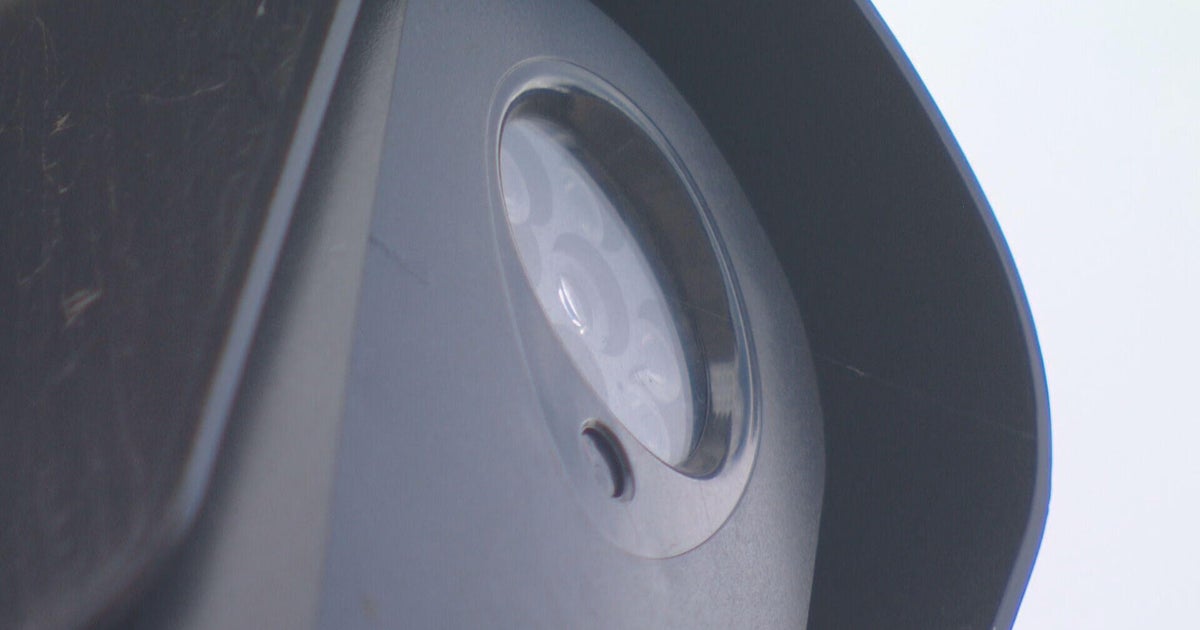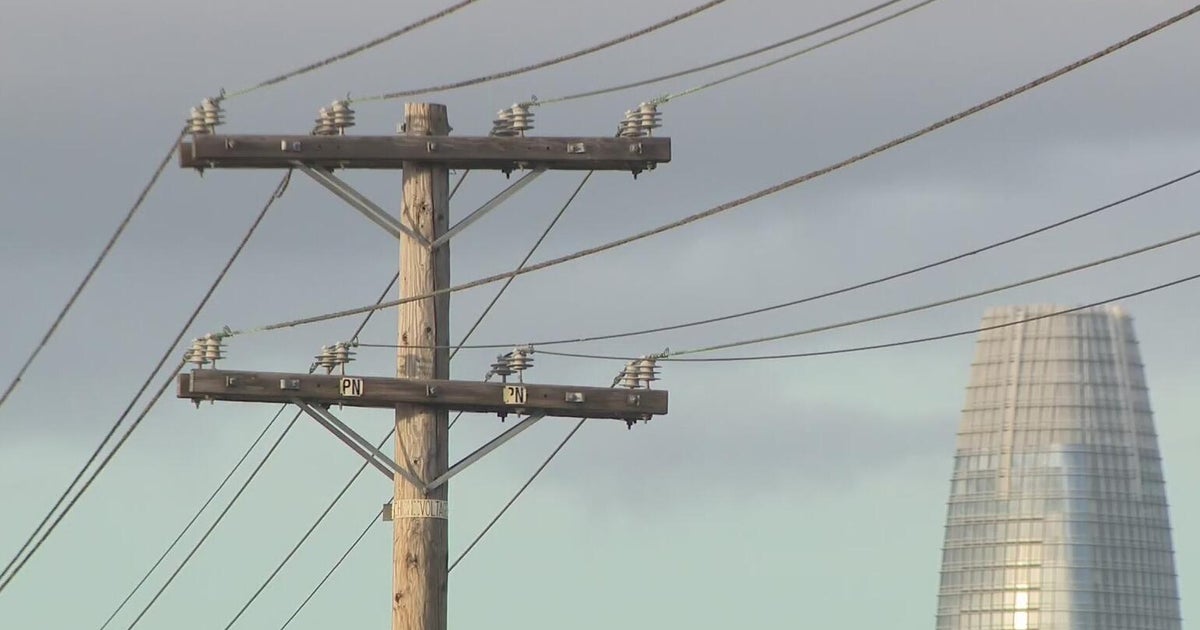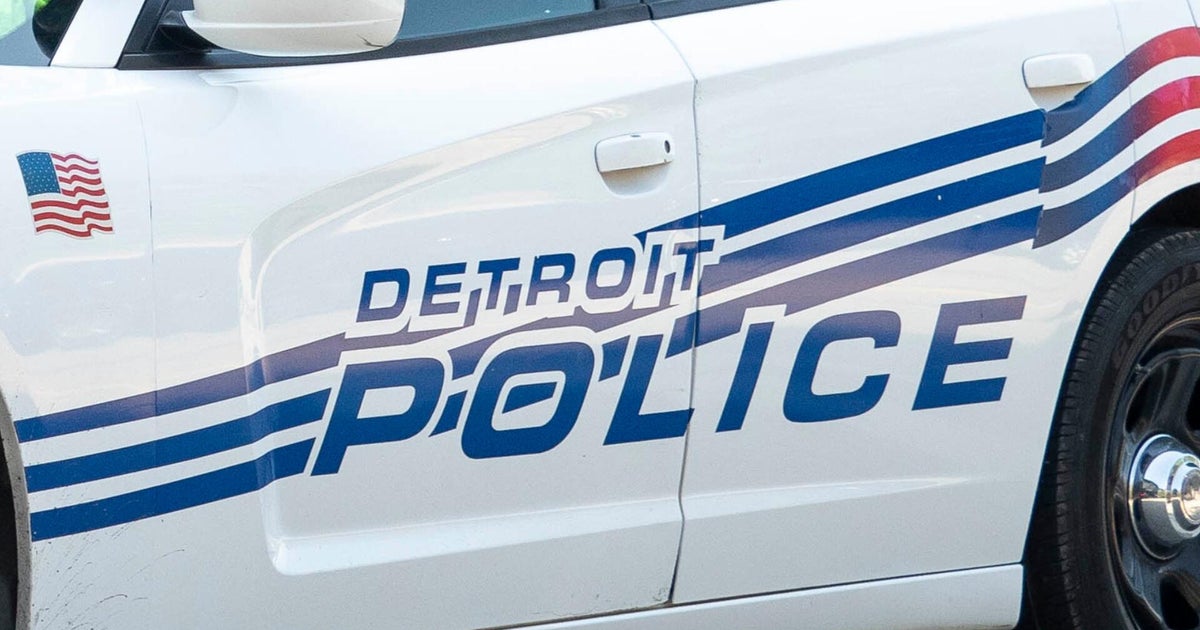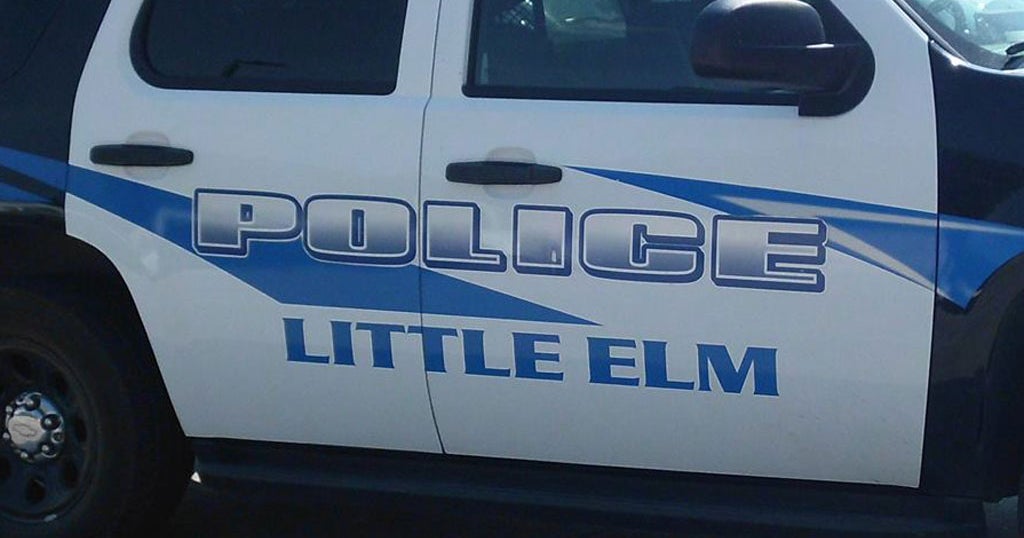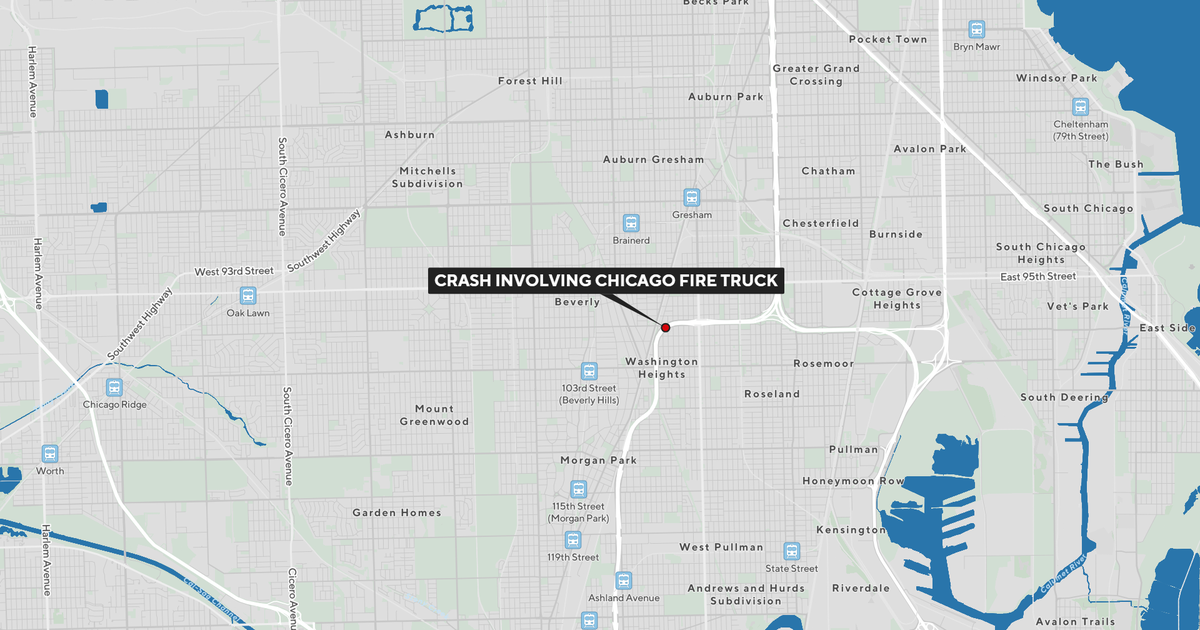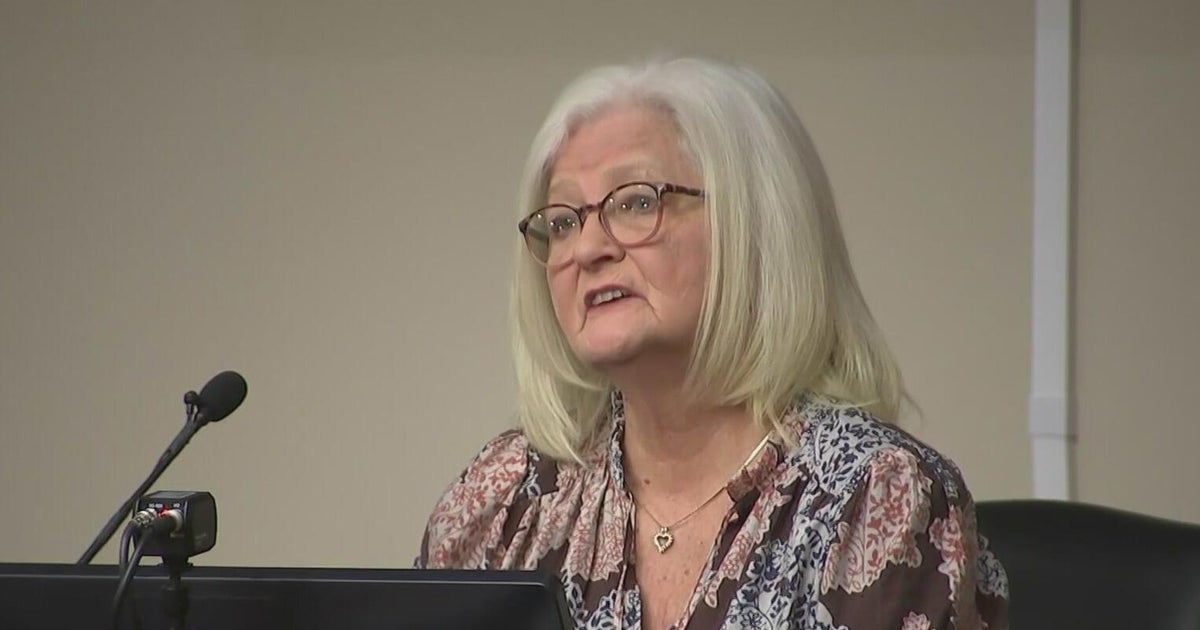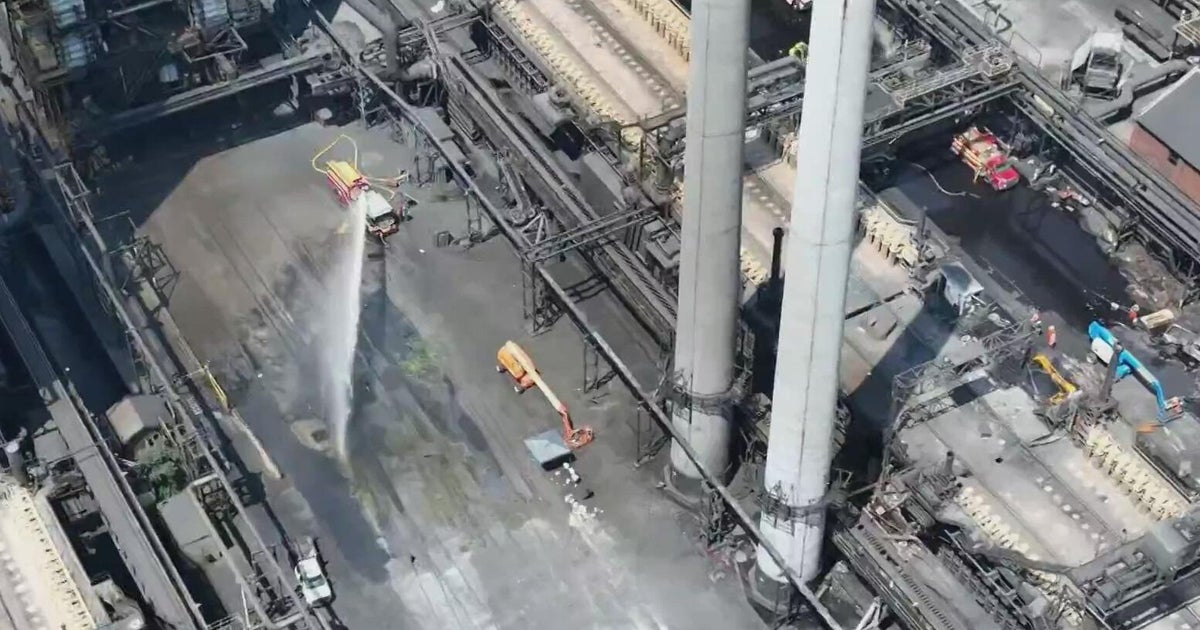Proposed Ban On Red Light Cameras Gaining Traction In Texas Legislature
AUSTIN, Texas (CBSDFW.COM) - The more than 200 red light cameras in North Texas may soon be coming down for good.
Multiple bills addressing the controversial cameras have been filed in Austin this legislative session with the bill that would ban the cameras all together generating the most support among lawmakers.
So far more than a hundred lawmakers have signed on to support House Bill 1631 authored by Rep. Jonathan Stickland (R – Bedford).
His bill would ban the use of the cameras statewide.
"This has kind of hit a crescendo from the grassroots, left and right," explained Stickland. "It's not really Republican or Democrat. It's about public safety and protecting people's rights."
In past years, attempts to ban red light cameras in Texas have failed but with widespread support from lawmakers along with Governor Greg Abbott's public support for a ban, many in Austin say this year is different.
Senator Pat Fallon (R- Prosper) has also filed a red light camera bill, Senate Bill 459, that would take the teeth out of red light camera citations.
Fallon's bill would prevent county tax assessor collectors from withholding vehicle registration because of an unpaid red light camera ticket.
The bill would also prevent cities from turning over unpaid fines to a credit agency and would prevent cities from signing new contracts with red light camera vendors.
"Right now all Texans are subject to a gross violation of due process with red light cameras. This needs to end." Fallon said.
While lawmakers push for a ban, several North Texas police chiefs told the CBS 11 I-Team getting rid of the cameras would be a mistake.
"If removed, you are removing a tool from our ability to address health and safety needs in the community," said Bedford Police Chief Jeff Gibson.
"Our city is safer because of those cameras," said Duncanville Police Chief Robert Brown. "The cameras have worked as far as I'm concerned."
Supporters of a ban point to a recent study from Case Western Reserve University that examined traffic accidents from Texas cities during a 12-year period.
The study found "no evidence of a reduction in total accidents or injuries" due to red light cameras. In fact, the study found rear-end accidents actually increased.
Duncanville's police chief said that's not what he's witnessed in his city.
"We have not seen that at all," he explained. "We have seen a decline in the number of citations and the number of motor vehicle accidents occurring at those intersections."
Several North Texas police chiefs told the I-Team the most dangerous type of accidents, T-bone collisions, have gone down at the intersections in their cities where cameras have gone up.
"This is not a revenue generating program," said Gibson. "The common denominator here is health and safety. It would actually save us money to get rid of the red light camera program."
GO BEHIND THE LENS
According to revenue records the I-Team obtained from the Texas Comptroller's Office, in two of the past three years the city of Bedford lost money from its red light camera program.
However, Bedford is the exception.
The other 22 North Texas cities with cameras, according to state records, made money.
After expenses and after giving the state its half of the profits, the city of Dallas made $1.9 million in 2017 from its red light camera program.
Fort Worth made even more pocketing $2.4 million that year.
Plano made more than any other Texas city from its red light camera program in 2017 with a profit of $2.6 million.
Stickland said, "Many cities are fighting all the way to the end because it's about the dollars for them."
In 2017, cities in North Texas collected a total of $47 million in red light camera fines.
Cities are supposed to use the revenue money for traffic safety programs.
RELATED STORY
Lack Of Engineering Study May Make Hundreds Of North Texas Red-Light Cameras Illegal


